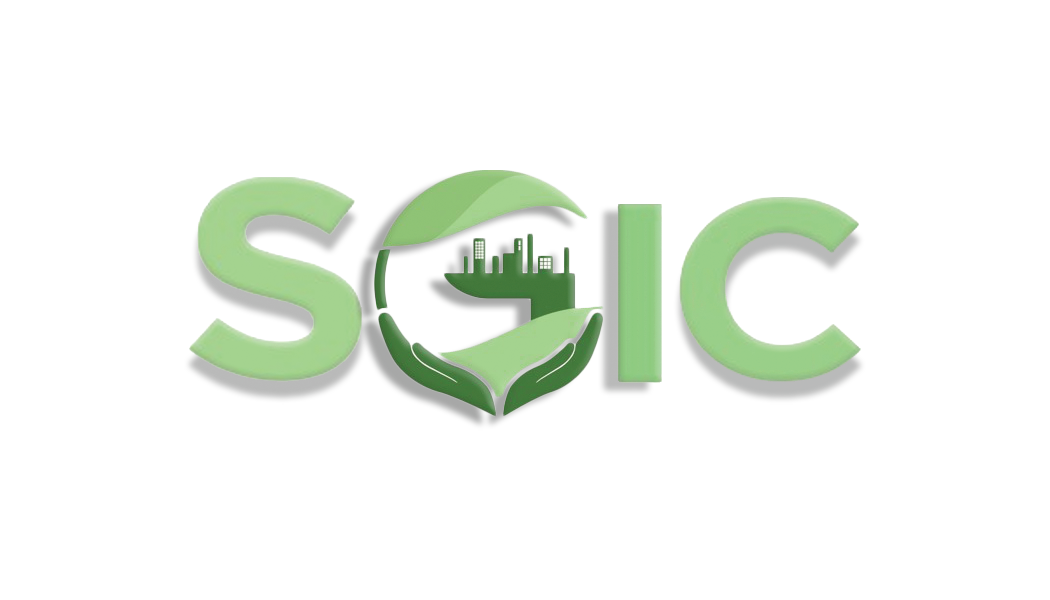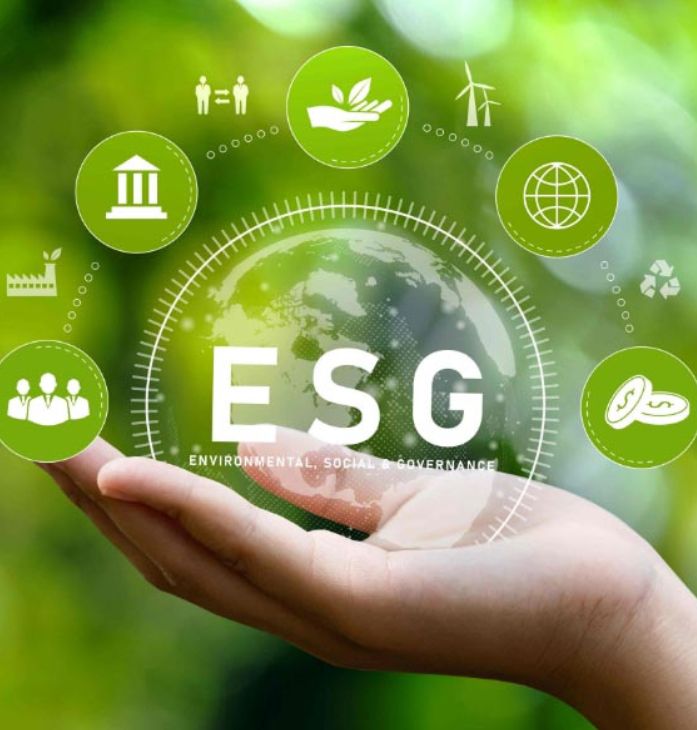Project leaders will be on the front lines of dealing with the fallout. Are you ready to respond? Sustainability experts at PMI’s recent “What is Your Sustainability Quotient?” social impact panel explain what’s at stake and offer some provocative advice on how to move forward.
Here’s an assessment of sustainability I wasn’t expecting to hear at a recent PMI conference on the subject: “it’s nothing more than treading water.”
The speaker was Joel Carboni, president of Green Project Management (GPM), a social enterprise helping to drive sustainable and regenerative development practices. Green Project Management is also the organization that PMI is partnering with to bring GPM’s industry-leading sustainability models and expertise to the global project management community.
Carboni wasn’t being dismissive of sustainability. He was making the point that at this late date—nearly 45 years after the sustainability issue was first surfaced at the United Nations—it’s simply not enough. Sustainability, he said “means do no harm… stop doing negative practices. But we must go beyond that and actually work with nature to build systems and societies that actually regenerate itself long term… because sustainability isn’t an end-game goal. The goal is to regenerate. That way we can sustain ourselves in the future.”
If you sense a certain urgency in Carboni’s comments, you’re not mistaken. Carboni and his co-panelists on PMI’s 28 June social impact panel titled, “What is Your Sustainability Quotient?,” were hyper-focused on acting now. Here’s how Juliette Coca, founder and president of Circular Influence, an international organization leading climate action programs in Latin America and Europe, put it: “Over the last four decades, the battle against climate change has been fought against a backdrop of relative indifference, if not skepticism from consumers and the voting public worldwide. But now we have reached this inflection point where the support from politicians, consumers, and technology has never been greater and more unified. We believe that this is triggering a green revolution, transforming our way of life at the speed of digital and the scale of the industrial revolution.”
Leading the Revolution
The purpose of the panel, led by Jennifer Tharp, chair of PMI’s Board of Directors, was to discuss the role of project professionals in this revolution. Project professionals, after all, play a critical role in helping organizations turn their sustainability goals into action—either by directly implementing sustainability initiatives or by making sure that an organization’s sustainability commitments are pulled through in every project the organization undertakes.
The stakes are nothing less than long-term survival, according to Aisling Connaughton, sustainability solutionist at CYD Connects, a women-led consultancy based in Europe. Connaughton reminded attendees of the question posed by Blackrock CEO Larry Fink in his 2022 annual letter to CEOs: “As your industry gets transformed by the energy transition, will you go the way of the dodo (the extinct bird), or will you be a phoenix.”
The key to survival, Connaughton said, turns on a simple question: “Is the purpose of a business to make as much money as possible for its shareholders? Or is the purpose of the business to serve its stakeholders—its people, its employees, its customers?”
However you answer that question, project professionals have little choice but to engage with stakeholders across the enterprise to ensure project success. That’s just a practical reality. And our panelists had a few other practical—and at times provocative—suggestions on how project professionals should incorporate sustainability into their work.
Frameworks Provide Critical Guidance
All the panelists, for example, emphasized the importance of sustainability frameworks in organizing project work. Kara Oldhouser, director of sustainability at Amtrak, the U.S. rail system, discussed the value of the Carbon Disclosure Project’s framework in guiding her company’s sustainability efforts. Employing that framework across the company’s entire value chain led to the creation of a climate roundtable, which, in turn, recommended 35 actions for the company to take. “Nine of those are prioritized,” Oldhouser said, “and they fit into our first enterprise project management organization.”
Carboni also offered up his organization’s P5 standard—a free sustainability framework available in 13 languages on GPM’s website—as a potential resource for project professionals. It “provides all the guidance that a project professional needs from A to Z,” he said.
Beyond recommending practical tools like frameworks, the panelists urged project professionals to adopt a different mindset when dealing with sustainability issues.
“We’ve been taught for so long to stay in our lane as project professionals, not to think about whatever is outside the box,” said Carboni. “We must now become more strategic and think about all these impacts beyond… the budgets and the scope and the time. It’s got to be more focused on what we’re doing and how it impacts society.”
Connaughton agreed: “Everyone needs to be a sustainability activist internally and really find your voice at last and don’t be afraid to ask these questions and speak out.”
This new, more assertive posture extends to how project leaders work with project sponsors. “We’re taught that the project sponsor works for the organization and that we are supporting the project sponsor,” said Carboni. “And we must change to where this project sponsor and the project professional become more of a team and an equal footing partnership where… they’re there to support each other. So that way when these issues come up, the project professional has the authority to say, hey, we’ve got a problem, can you help me champion this upwards.”
It All Comes Down to Power Skills
To establish such partnerships, however, project leaders need to hone their interpersonal “power skills”—particularly around communication and empathy. Oldhouser emphasized the “human element” behind project success, remarking that it “takes discipline to establish trust across the stakeholders in the project” and calling on project leaders “to find the bravery… to really establish solid human relationships.”
If all this seems to be asking a lot of project professionals, you’re right. But our panelists returned time and again to the urgency of the issue and the critical role that project professionals play in addressing sustainability challenges.
“If you think it’s hot right now, add eight degrees to that,” said Carboni. “We must attack much faster, much harder, right now and not set long-term goals and think ‘oh, it’ll just solve itself.’ We must start looking at today’s work, today’s project—what are you working on today? What are the impacts? Let’s start right now. We can’t start setting these long-term timelines. It must be today.”
Connaughton had some words of reassurance for panel attendees. To her, it’s all about progress, not perfection. “Put a stake in the ground and start moving forward,” she said. “Just start the progress, start the journey. You don’t need to be perfect.”
To which I say, “So be it.”
Source: Project Management Institute | Oliview Lazar





